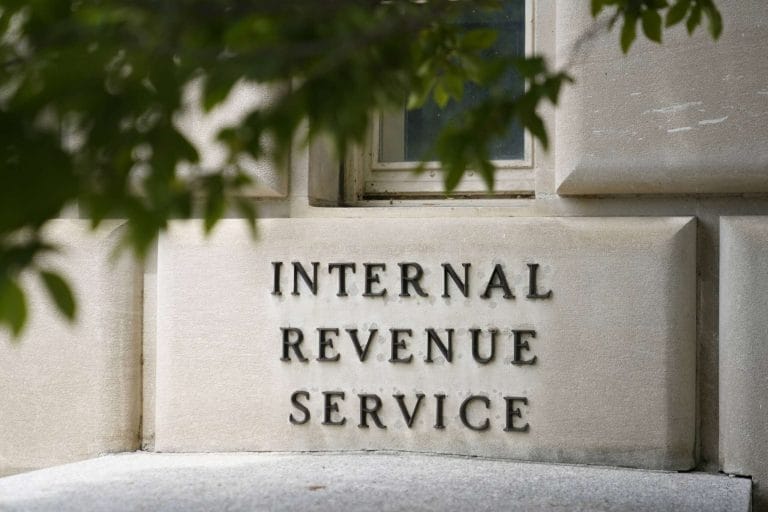🎧 Listen to This Article
The Internal Revenue Service (IRS) is undertaking a critical modernization of its Integrated Data Retrieval System (IDRS), a core IT infrastructure that has supported tax processing and taxpayer services for over 50 years. This effort aims to replace legacy systems that currently hinder efficient access to taxpayer data and complicate employee workflows.
Background: The Role of IDRS
IDRS is the IRS’s primary tool for accessing taxpayer accounts, enabling agents to verify tax information, process returns, issue notices, and track refund statuses. Since its inception in 1973, IDRS has operated on outdated technology, including COBOL programming and legacy mainframe hardware, posing significant operational challenges.
The Modernization Initiative
Internal IRS documents reveal plans to consolidate multiple tax processing systems into a unified “tax processing engine” that supports real-time, national-level tax processing. The agency anticipates that modernization will enable improved detection and correction of erroneous payments, streamline customer service by allowing agents to access all relevant taxpayer data through a single interface, and facilitate the retirement of outdated applications.
Former IRS Commissioner Danny Werfel, who spearheaded the initial phases of this effort under the “Taxpayer 360” initiative, emphasized the importance of integrating disparate systems to enhance service efficiency. The modernization project remains a fiscal priority in the IRS’s 2026 budget request.
Data Sharing and Privacy Concerns
This IT upgrade coincides with heightened scrutiny regarding the IRS’s data-sharing arrangements with other federal agencies, notably the Department of Homeland Security (DHS) and the Department of Government Efficiency (DOGE). These partnerships have raised privacy concerns, as IRS taxpayer data is being accessed for immigration enforcement and government efficiency purposes—areas traditionally shielded by strict confidentiality policies.
Although Palantir Technologies, a key contractor involved in developing unified application programming interfaces (APIs) to enhance IRS data interoperability, denies involvement in creating a centralized “master list” of taxpayer data, ongoing federal lawsuits challenge DOGE’s access to sensitive IRS information.
Privacy advocates, including the Center for Democracy and Technology, warn that such expansive data sharing risks breaching established data protections and norms. Former IRS officials urge greater transparency and public engagement before implementing cross-agency data integration to adequately assess risks and implement safeguards.
Technological and Workforce Challenges
The IRS faces significant hurdles beyond privacy issues. The reliance on COBOL and other legacy systems complicates recruitment and retention of skilled developers necessary to update IDRS. A 2018 Government Accountability Office (GAO) report highlighted “single points of failure” due to limited personnel with critical system knowledge, risking delays in incorporating tax law changes and system enhancements.
Looking Ahead: Balancing Modernization and Security
As the IRS advances its IT overhaul, agency leaders acknowledge the imperative to manage cybersecurity risks associated with consolidating vast amounts of taxpayer data into new digital environments. The modernization initiative promises improved taxpayer service and operational efficiency, but it must be carefully balanced with privacy protections and robust cybersecurity measures.
Key Takeaways for Tax Professionals and Policymakers
- The IDRS modernization is a critical step toward a more agile, integrated tax processing system.
- Enhanced data sharing with other federal agencies raises privacy and civil liberties concerns.
- Workforce and technological challenges remain significant obstacles to timely modernization.
- Transparency and risk mitigation are essential to maintain taxpayer trust amid these changes.
For further details, clarification, contributions, or any concerns regarding this article, please get in touch with us at editorial@tax.news. We value your feedback and are committed to providing accurate and timely information. Please note that our privacy policy will handle all inquiries.



